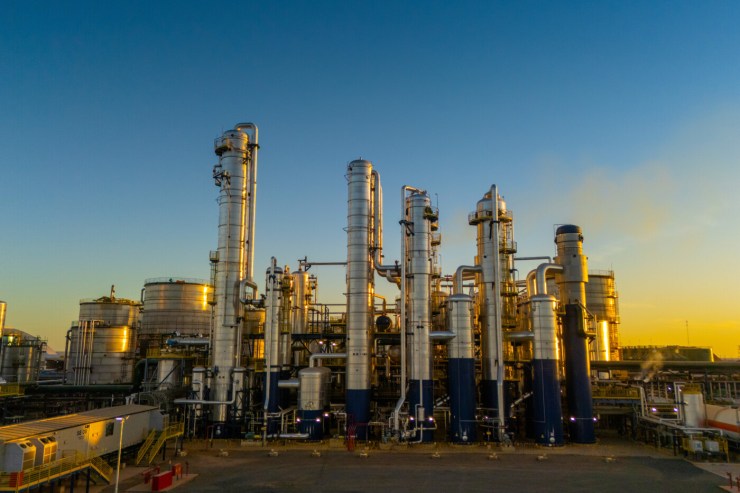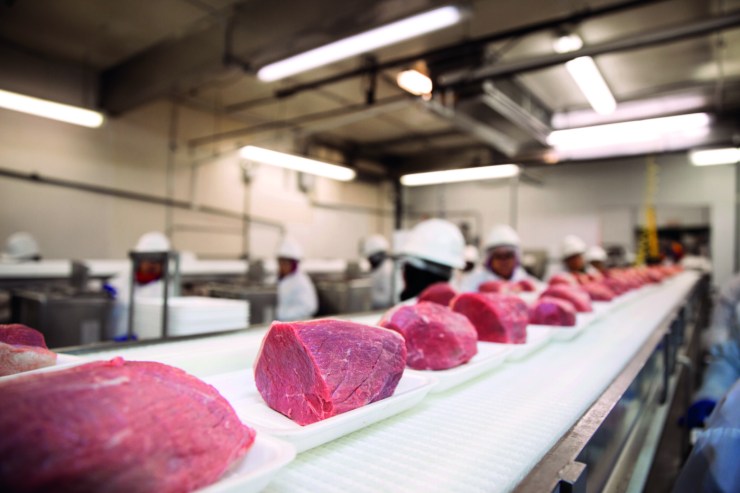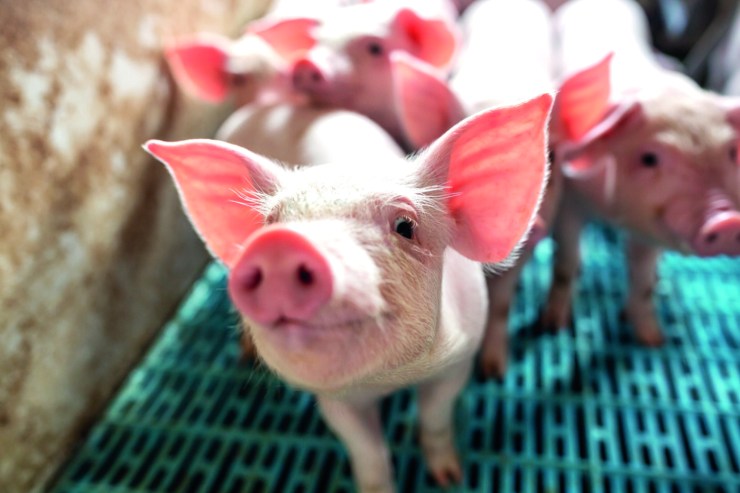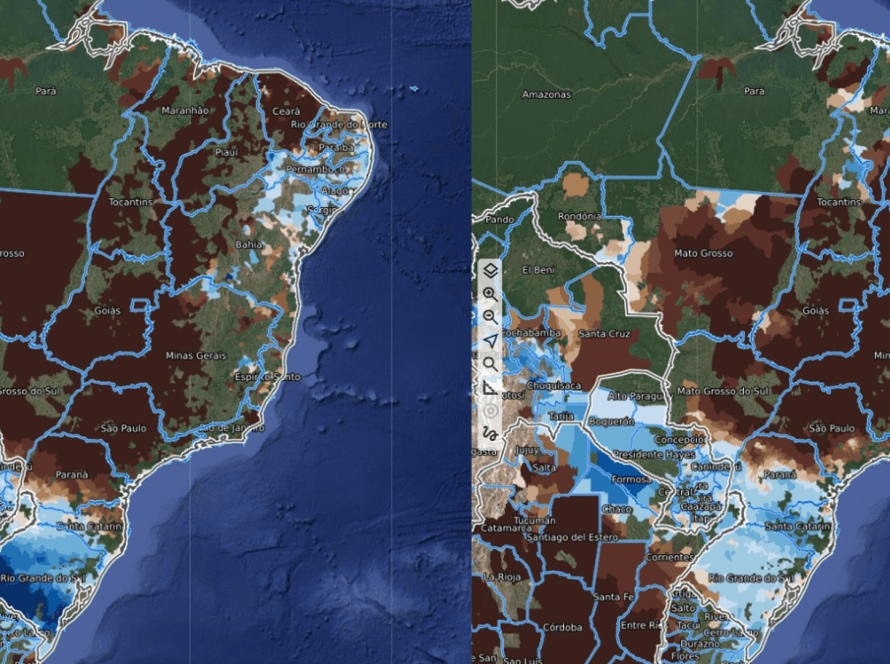In a scenario of growing investments, technological advances and optimistic prospects, the pig farming sector of Mato Grosso do Sul met this Thursday, April 10, to discuss the future of the activity at the III Pig Farming Leadership Meeting, promoted by the Mato Grosso do Sul Pig Farmers Association (Asumas) during Expogrande 2025. The meeting brought together producers, representatives of the productive class and industry, authorities and experts, reaffirming the role of Mato Grosso do Sul as one of the most promising states for pig farming in Brazil.
“We are living in a unique moment. Mato Grosso do Sul is ready to establish itself among the five largest producers and exporters of pork in the country,” said Asumas president Renato Spera. “This meeting was more than an exchange of experiences; it was a milestone for us to align strategies, strengthen institutional relations and show that we have a lot to contribute to the national agricultural sector,” he added.
The event was the stage for the presentation of robust data on the growth of pig farming in the state. In 2024, Mato Grosso do Sul recorded the slaughter of more than 3.39 million pigs, which represents around 315 thousand tons of meat, moving a production chain with 32 thousand direct jobs and 129 companies active in the sector.
As a result, the state currently ranks 6th in the national ranking of pork exports, with expectations of reaching 5th place this year, according to projections by Famasul. In terms of value, the sector already generates more than R$32 billion in production and exports exceed US$37.9 million per year.
Asumas also highlighted the high investments in biosecurity and sustainability, with the “Leitão Vida” program, which has already allocated more than R$64 million in incentives for the modernization of farms, animal welfare and technological innovation. Another distinguishing feature of the state is the strong presence of educational and research institutions that support the activity, such as Embrapa, UFMS, UEMS, IFMS, Fundação MS and several units of Senar/MS, responsible for qualifying the workforce and fostering innovation.
With production hubs in cities such as São Gabriel do Oeste, Ivinhema, Dourados, Sidrolândia and Glória de Dourados, the sector has gained momentum thanks to institutional support and the expansion of logistics infrastructure, with emphasis on the Bioceanic Route, which promises to open new markets for pork from Mato Grosso do Sul in Asia.
The governor of Mato Grosso do Sul, Eduardo Riedel, highlighted the progress of pig farming in the state and the importance of the role of associations in managing incentive programs. He cited as an example the growth of the Leitão Vida Program, which has more than doubled its investments in the last four years.
“In 2020, the State allocated R$31 million in benefits directly to producers through the Leitão Vida program. In 2024, this amount reached R$64 million. This reflects the growth in the activity, the improvement in indicators, and the need to review the program to ensure even greater efficiency. This restructuring also strengthens the association’s ability to work with its members. It is a clear sign, Renato, of the State’s confidence in the association and its ability to manage these resources. We believe that the State should not act in isolation, but rather build public policies in partnership with those in the field.”
The presence of federal authorities at the meeting also reinforced the importance of MS pig farming in the national context. Public policies, animal health and the opening of new foreign markets were central topics of the discussions.
Senator Tereza Cristina highlighted that the withdrawal of vaccination against foot-and-mouth disease could represent a strategic opportunity to expand the markets for Brazilian meat. According to her, the European Union is one of the potential destinations that still does not receive pork from Brazil. “The European Union itself does not currently import Brazilian pork. In fact, this product was left out of the Mercosur agreement. However, when Brazil achieves the status of being free of foot-and-mouth disease without vaccination, I believe we will be able to access this market, which is extremely promising,” said the senator.
At the end of the meeting, Renato Spera reinforced Asumas’ commitment to sustainability, transparency and structured growth of the activity. “We have an organized production chain that respects the environment, invests in biosecurity and generates thousands of jobs. Our challenge now is to continue growing responsibly, showing that Mato Grosso do Sul is indeed the next destination for national pig farming,” he concluded.





